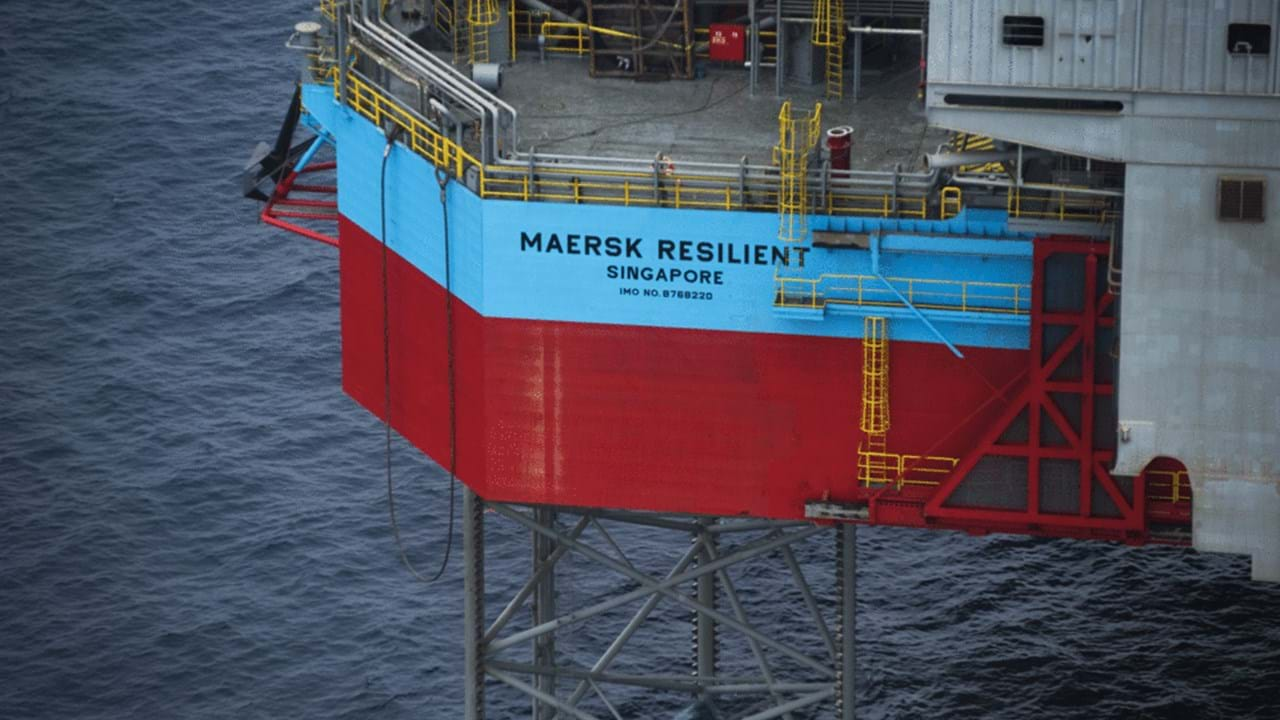
Danish drilling-rig operator Maersk Drilling has secured a contract for its jack-up rig ‘Maersk Resilient’ to drill wells at the North Sea fields.
The Danish rig operator secured the contract from Petrogas E&P Netherlands.

Discover B2B Marketing That Performs
Combine business intelligence and editorial excellence to reach engaged professionals across 36 leading media platforms.
Under the contract, Maersk Drilling will drill three wells at the B13 and A12 fields in the Dutch portion of the North Sea
Maersk Drilling North Sea Division Head Claus Bachmann said: “The three-well contract and the exclusivity agreement are yet another testament to our strong relationship with Petrogas.
“We are very pleased to be given the opportunity to continue our great collaboration and leverage the design of our R-class rig capabilities to support Petrogas’ business in one of their core markets in the Netherlands.”
Maersk Drilling also announced that it is losing a previously announced contract with Petrogas North Sea for the drilling of one well at the Birgitta field in the UK North Sea.

US Tariffs are shifting - will you react or anticipate?
Don’t let policy changes catch you off guard. Stay proactive with real-time data and expert analysis.
By GlobalDataThe Danish rig operator will, however, receive compensation via a termination fee.
It will still retain an ‘exclusive option’ with Petrogas North Sea to drill the Birgitta well next year as per the rates reflecting the market during that time.
Delivered in 2008, Maersk Resilient is a Gusto-engineered MSC CJ 50 ‘high-efficiency’ semi-submersible.
Currently, the rig is being mobilised for the Petrogas drilling programme in the Netherlands. It will thereafter work for Serica Energy UK’s campaign.
In September, Maersk Drilling announced to cut the ‘intensity’ of carbon dioxide (CO2) emissions from its drilling operations in half by 2030.





